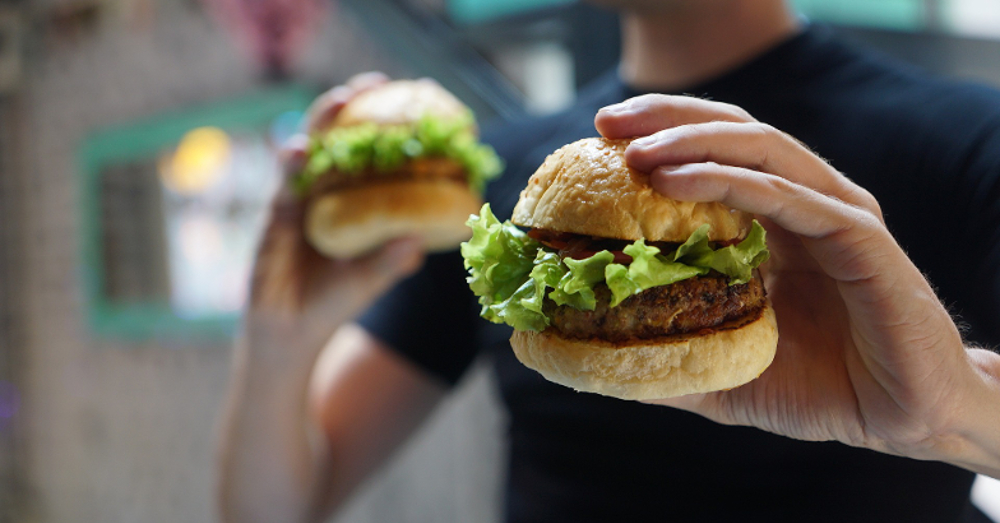
FDA Casts Doubt on Safety of Impossible Burger’s Key GMO Ingredient
The U.S. Food and Drug Administration told the manufacturer of the meat-like Impossible Burger that the company hadn’t demonstrated the safety of the product’s key genetically engineered ingredient, according to internal FDA documents. Despite FDA’s concerns, Impossible Foods put its GMO-derived burger on the market for public consumption.
August 11, 2017 | Source: Huffington Post | by Ken Roseboro
Agency told lab meat manufacturer it hadn’t demonstrated safety of burger’s genetically engineered heme, which has never been in the food supply. Company put product on the market anyway.
The U.S. Food and Drug Administration told the manufacturer of the meat-like Impossible Burger that the company hadn’t demonstrated the safety of the product’s key genetically engineered ingredient, according to internal FDA documents. Despite FDA’s concerns, Impossible Foods put its GMO-derived burger on the market for public consumption.
GMO ingredient gives product meat-like taste and red blood-like color
The Impossible Burger is made using a genetically engineered form of a protein called soy leghemoglobin (SLH) or “heme” that is found in the root nodules of soybean plants. Impossible Foods adds an SLH gene to a yeast strain, which is then grown in vats using a fermentation process. The SLH or heme is then isolated from the yeast and added to the Impossible Burger. Heme gives the Impossible Burger its meat-like taste and blood-like red color.
Impossible Foods claims its product “uses about 75 percent less water, generates about 87 percent fewer greenhouse gases and requires around 95 percent less land than conventional ground beef from cows. It’s produced without hormones, antibiotics, cholesterol or artificial flavors.”
The GMO-derived Impossible Burger is sold in 43 restaurants nationwide, including several burger chains, and Impossible Foods has attracted significant funding from investors such as Bill Gates.
FDA: Arguments “do not establish safety of SLH for consumption”
According to documents obtained by ETC Group and Friends of the Earth U.S. through the Freedom of Information Act (FOIA), Impossible Foods submitted an application to seek GRAS (generally recognized as safe) status for SLH from the FDA in 2014. The FDA’s 1997 GRAS notification policy allows a manufacturer, like Impossible Foods, to decide for itself, without FDA input, whether or not a product is safe.
